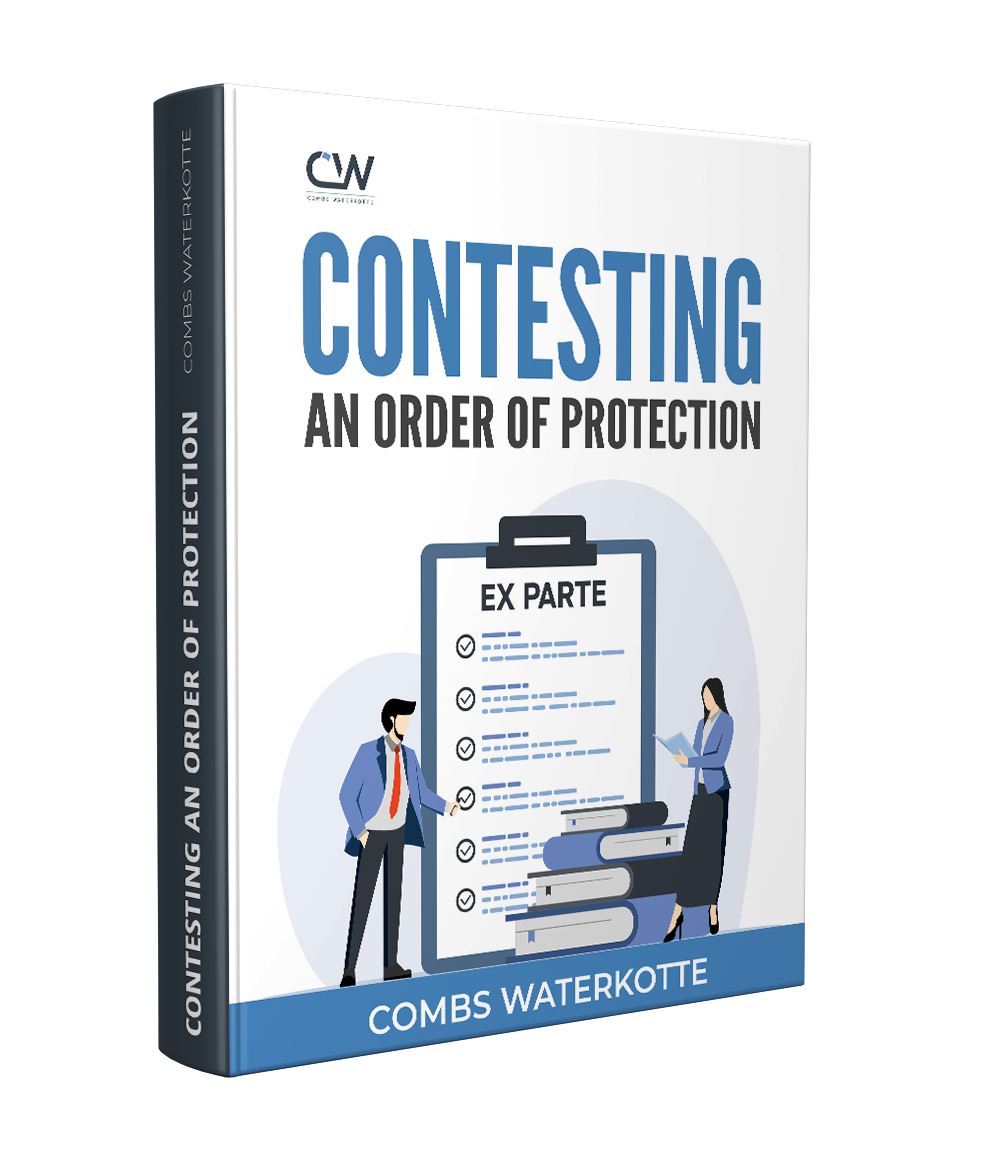How Long Does an Order of Protection Last in Missouri? In Missouri, an order of protection, commonly known as a restraining order, is a legal measure that restricts contact between individuals to protect a person from threats, violence, stalking, or harassment. The duration of such an order varies depending on the type of protection order issued and the specific details of the case. There are two primary types of orders of protection: ex parte orders and full orders of protection.

How Long Does an Ex Parte Order of Protection Last in Missouri?
An ex parte order of protection is a temporary emergency measure granted without the defendant present. This order is typically issued based on the petitioner’s claim that they are in immediate danger or fear of harm. Missouri law allows for this type of order to be issued quickly to provide immediate protection until a more comprehensive hearing can be held.
An ex parte order typically lasts until the full hearing, which is required to occur within 15 days of the order being issued. This hearing is crucial because both parties will have the opportunity to present their evidence and arguments. In cases where the hearing cannot be held within this timeframe, the court may extend the ex parte order to ensure continued protection for the petitioner until the full hearing takes place.
While these orders can be granted quickly, they are temporary and can significantly affect the respondent’s rights, including restrictions on where they can go and who they can contact. Violating an ex parte order can result in criminal charges, so it’s important for defendants to understand the implications of such an order.
How Long Does a Full Order of Protection Last in Missouri?
A full order of protection is issued after a hearing where both the petitioner and the defendant are present, and the court evaluates the evidence. Full orders provide longer-term protection and can impose more severe restrictions on the defendant’s movements and behavior.
In Missouri, a full order of protection can last up to one year. However, this is not the end of the story for many respondents. At the end of the one-year period, the petitioner can request an extension or renewal of the order:
- Filing for an Extension: The petitioner must file a motion with the court to extend the order of protection before the current order expires. This motion should clearly explain why the extension is needed, such as ongoing threats or fear of harm from the respondent.
- Hearing: Once the motion is filed, the court schedules a hearing. The respondent is notified of the hearing and has the right to attend and present their side. During the hearing, the judge will determine whether the circumstances warrant an extension of the protection order.
- Duration of Extension:
Standard Extension: If the court finds sufficient reason, the order can be extended for up to one additional year. There is no limit on how many times an order can be extended, so the petitioner can refile for extensions as needed.
Extended Protection (Up to 10 Years): In more serious cases, Missouri law allows the court to extend the order for up to 10 years if certain criteria are met. The court may grant this longer extension if:
- The respondent has committed a serious violation of the current order.
- The respondent poses an ongoing, significant danger to the petitioner.
- There is a demonstrated pattern of behavior suggesting the respondent will continue to pose a threat in the future.
- Permanent Order of Protection: In extreme cases, if the court determines that the respondent presents a continuous and serious threat, it may issue a permanent order of protection, which does not require renewal.
This extended duration can be challenging for defendants, as it may impose long-term restrictions on their movements, ability to see family members, or even access certain locations.
Impact on Respondents and Defense Options
For respondents facing an order of protection, the consequences can be severe. Not only does it limit contact with the petitioner, but it may also restrict access to shared spaces, such as homes or workplaces, and may impact child custody arrangements. A violation of the order can result in criminal charges, including jail time or fines.
However, it’s important to note that respondents are not without options. At the full order hearing, the defendant has the right to challenge the claims made by the petitioner. Presenting evidence, cross-examining witnesses, and providing testimony can lead to the dismissal of the order if the court finds insufficient grounds for its continuation. A skilled order of protection defense attorney can highlight weaknesses in the petitioner’s case and protect your rights.
If a full order is granted at the initial hearing, your attorney can also help you appeal the decision or have it modified or dismissed.

Free book
Telling Your Side of the Story: Contesting an Order of Protection
We specialize in defending individuals served with orders of protection in Missouri. We’ve published this ebook to help you understand the process, build a solid defense, and protect your rights.
Call Combs Waterkotte for Your Order of Protection Defense in Missouri
If you’ve been served with an order of protection, contact us online or call (314) 900-HELP for a free consultation to discuss your defense options and how Combs Waterkotte can help you get the best possible resolution to your case.






